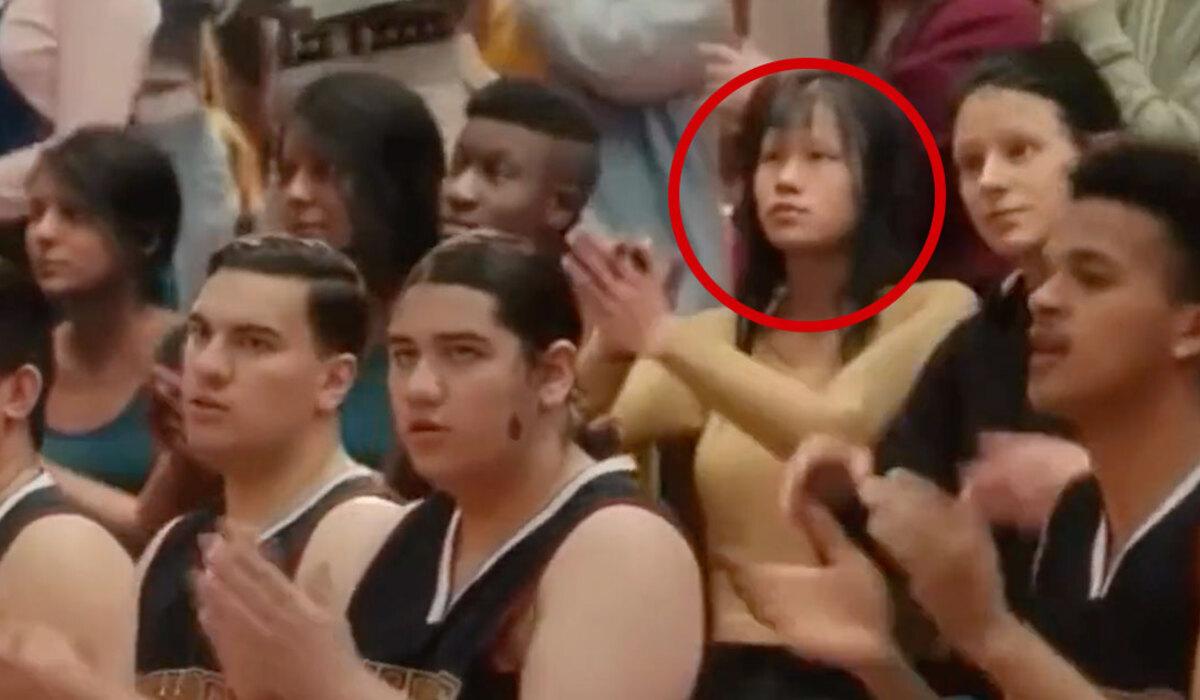Earlier this year, the Screen Actors Guild and the Writers Guild of America went on strike at the same time, which was the first time in a long while since they did that in 1960.
The Writers Guild of America has settled their issues with the studios, but the Screen Actors Guild’s strike is still ongoing. One big reason for this is the use of artificial intelligence in the industry. Actors want to be protected from studios using AI to create versions of their voices or faces.
For example, Disney faced criticism recently when a video showed badly made CGI background actors in a Disney Channel movie called “Prom Pact.” This clip had been shared on social media before and showed an audience watching a high school basketball game. While the front row had human actors, the row behind them had mostly poorly made CGI actors. This raised concerns about the future of film production and the use of computer-generated imagery.
The use of AI in movies and its potential to replace human actors has been a big topic during SAG-AFTRA’s ongoing negotiations.
During a press conference in July, Duncan Crabtree-Ireland, the executive director and chief negotiator, revealed that the Alliance of Motion Picture and Television Producers wanted to scan background performers, pay them for a day, and then own the rights to use their scanned image and likeness forever. This proposal was criticized by many, including freelance writer Christopher Marc.
Christopher Marc also pointed out that the CGI-generated actors in the “Prom Pact” clip had robotic movements, and using such technology could make movies look unconvincing.
Many questions arise from this situation. Was Disney understaffed on the day of filming? Were there budget problems on the set?
Recently, SAG-AFTRA proposed a bill called the NO FAKES Act to lawmakers. This bill aims to create new protections for voice and likeness in the age of generative artificial intelligence. It would prevent the unauthorized use of digital replicas without the informed consent of the individuals being replicated.
However, it remains uncertain whether studios, or even Congress, will agree to these terms.

